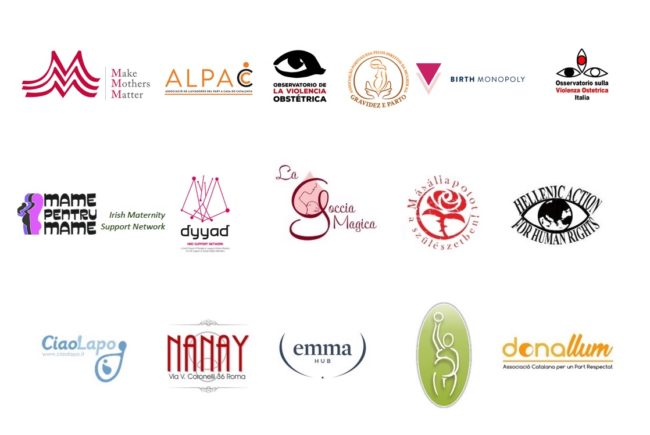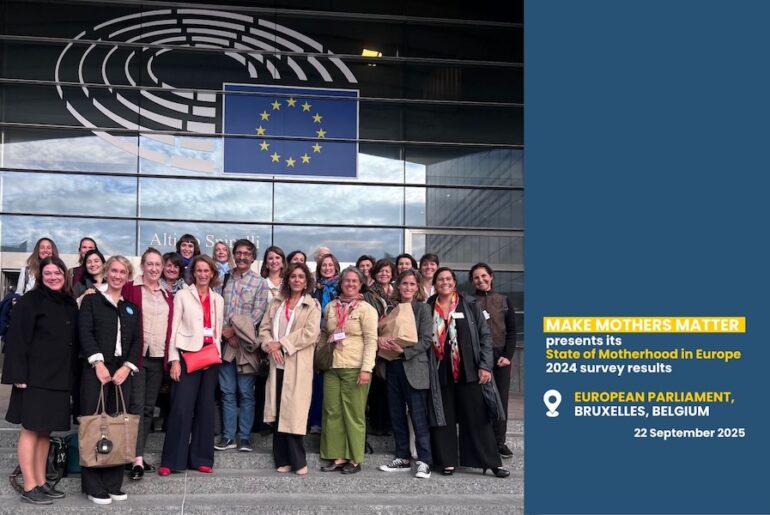Civil Society Joint Statement: Time to stop obstetric violence
25.11.18
Brussels, International Day for the Elimination of Violence against Women - Mothers need positive pregnancy and birth experiences, as well as respectful maternity care. Worldwide, laws and practice still do not comply with these fundamental rights.

Many women across the globe experience disrespectful, abusive or neglectful treatment during pregnancy, childbirth and postpartum care, whether in high, medium and low-income countries. Such treatments include physical abuse, profound humiliation and verbal abuse, coercive or unconsented medical procedures (including sterilization), lack of confidentiality, failure to get fully informed consent, refusal to give adequate pain relief, violations of privacy, refusal of admission to health facilities, neglecting women during childbirth to suffer life-threatening avoidable complications, and detention of women and their newborns in facilities after childbirth.
In Europe, the issue only begins to be recognized, albeit amid controversy. A lot still needs to be done.
Along with 15 other associations, Make Mothers Matter urges Governments to eliminate all forms of institutional obstetric and gynecological violence against women.
Governments must promote respectful maternity care, and involve mothers and women’s groups in all decisions concerning childbirth policies and practices. The World Health Organisation (WHO) has made several recommendations to address the issue, including on the prevention and elimination of disrespect and abuse during childbirth, on positive pregnancy and birth. A report of the UN Working Group on discrimination against women also calls for action.
Every woman has the right to the highest attainable standard of health, including the right to dignified, respectful health care throughout pregnancy and childbirth, as well as the right to be free from violence and discrimination.
The New EU Gender Equality Roadmap : A Call for Inclusion of Mothers
04.03.25
The European Commission’s initiative on a new Gender Equality Roadmap post-2025, marks a significant step forward in addressing gender disparities across the European Union. Make Mothers Matter (MMM
Breaking the Cycle: Gender Equality as a Path to Better Mental Health
18.03.25
The Council of the European Union has taken a decisive step in recognising the vital connection between gender equality and mental health.
Europe Must Listen to Mothers: Our landmark report heads to the European Parliament
28.08.25
On 22 September 2025, the voices of mothers will take centre stage in Brussels. For the first time, Make Mothers Matter (MMM) will present its State of Motherhood in Europe








